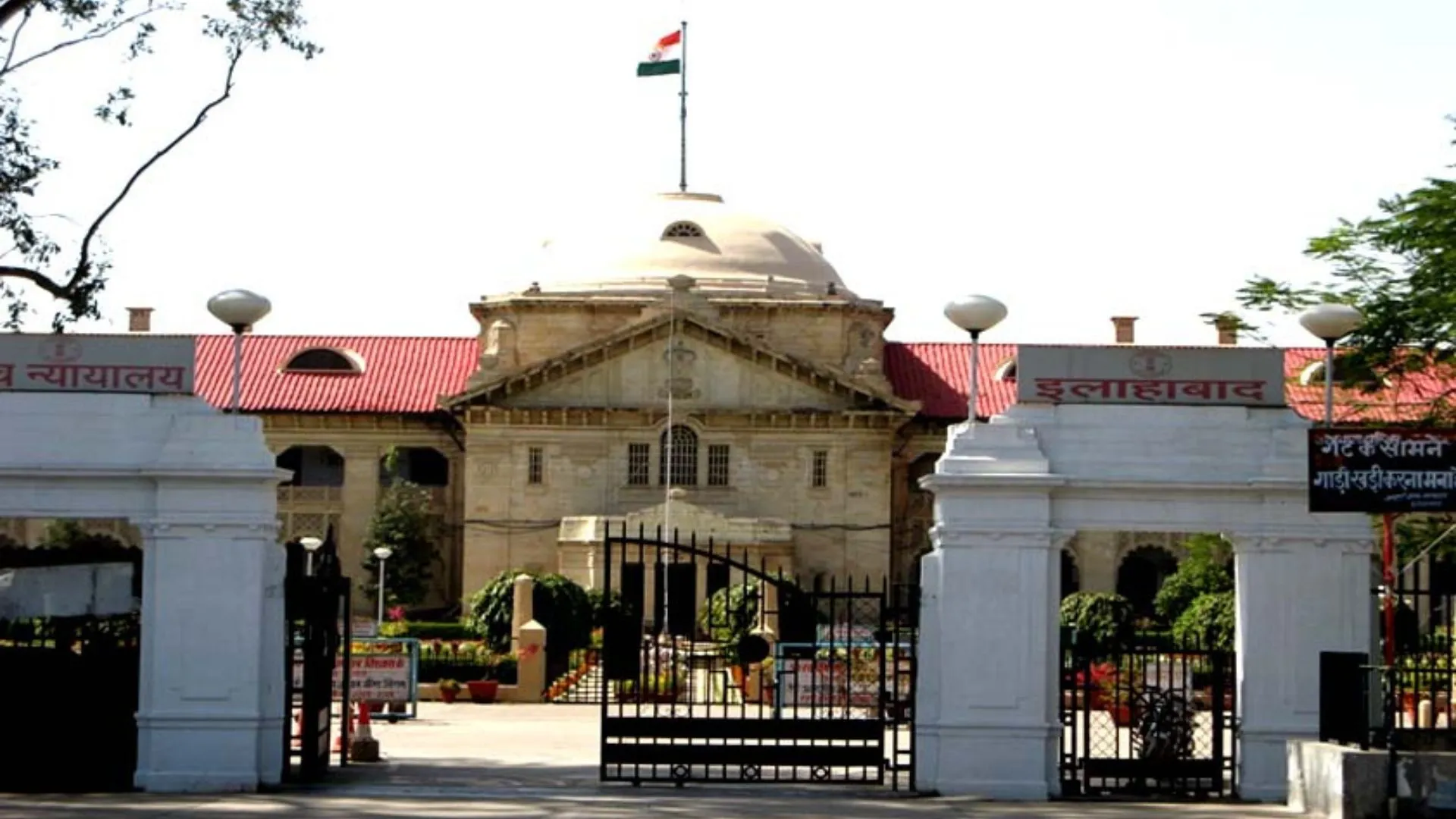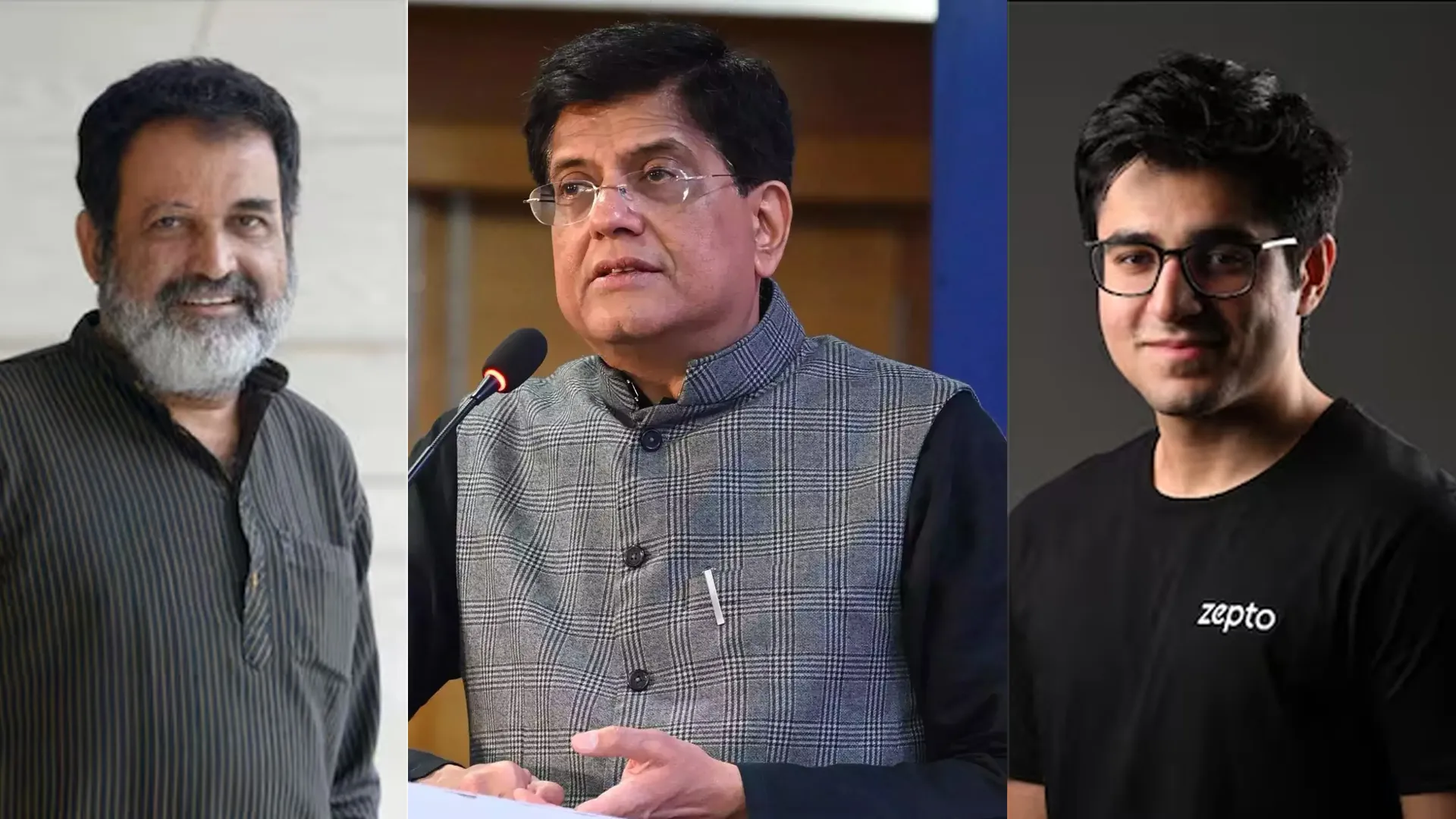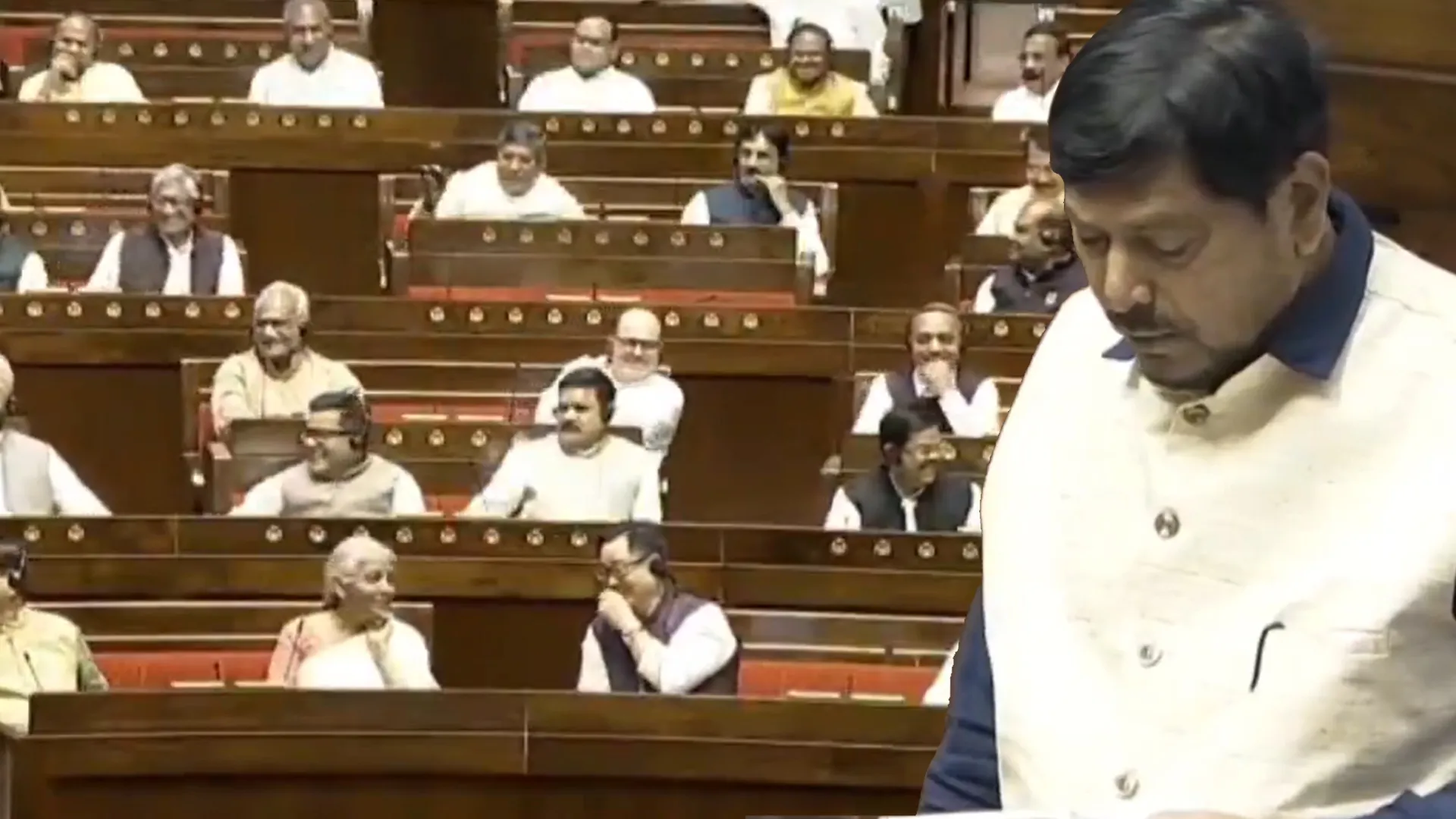The Allahabad High Court has held that a person’s conversion to Islam is bona fide if he is a major, of sound mind, and adopts the religion of his own free will because of his belief in the unity of God. The court further held that belief in the prophetic nature of Mohammed is a condition precedent to valid conversion.
Petition Against Rape and Forced Conversion Charges Dismissed
The court made the comment while dismissing a petition presented by Taufik Ahmad, who had attempted to quash court proceedings against him under the Uttar Pradesh anti-conversion law. Ahmad had been accused of raping and forcibly converting a Hindu girl to Islam using deception.
In its order dated March 27, Justice Manju Rani Chauhan observed:
“A change of religion on the part of an individual to Islam may be termed as being bona fide if he/she is of sound mind and of majority age and adopts Islam due to his/her own free will and for the reason of his/her faith and belief in God’s unity (Allah) and prophethood of Mohammed.”
Court Rejects Compromise in Rape Case
The petitioner contended that the two parties had come to an agreement in the 2021 case. The court, however, rejected this argument, stating that any settlement in rape cases is not acceptable.
“Any compromise or settlement relating to the offence of rape, against a woman’s honour, which shocks the very core of her existence and equal to a severe blow to her highest honour, humiliating both, her pride and dignity, is not acceptable to this court,” the order said.
Legal Stand on Religious Conversion
The court made it a point to underscore that the purpose of the Uttar Pradesh anti-conversion law is to ban compelled religious conversions which are executed via deception, fraud, undue influence, or coercion.
It further made it explicit that a genuine religious conversion will be based on “a change of heart” and “sincere conviction” in the faith of the new religion and not because of outside pressures.
This judgment highlights the law governing religious conversions in Uttar Pradesh and reaffirms the importance of personal volition and sincere belief in adopting a new religion.





















